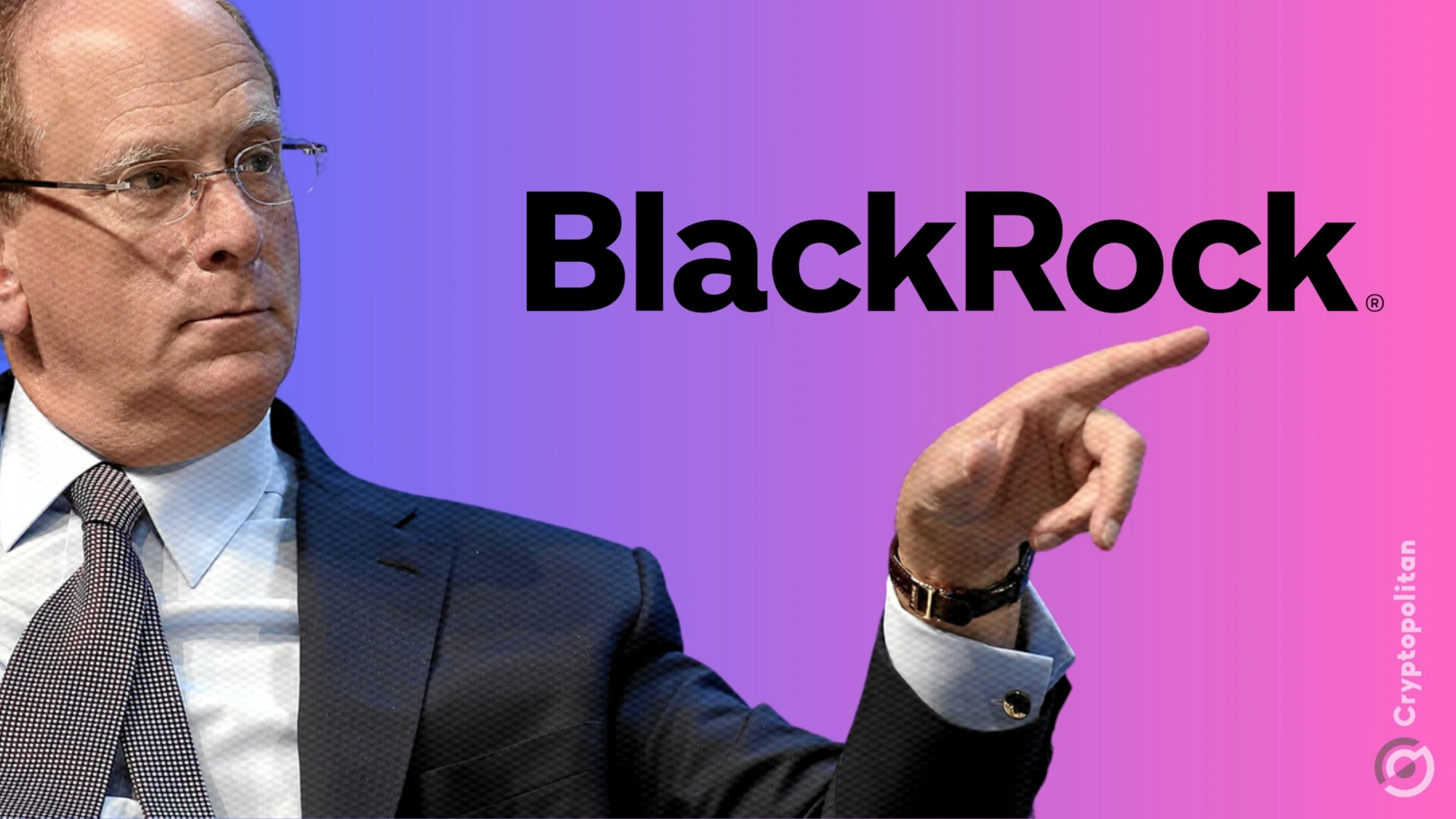BlackRock’s CEO Larry Fink says don’t hold your breath for multiple Fed rate cuts in 2024. According to him, only one 25-basis-point cut is likely to happen before the year ends.
Speaking at the Future Investment Initiative conference in Riyadh, he dropped his forecast, challenging market expectations for more cuts.
BlackRock, managing over $10 trillion in assets, doesn’t see eye-to-eye with other Wall Street forecasts calling for two trims. Fink thinks “embedded inflation” will force the Fed to stay hawkish.
“We’re going to have at least a 25 basis-point cut,” Fink said, addressing the panel in Riyadh. “But I believe we have more embedded inflation than we’ve ever seen.” He added that high inflation, driven by government policies and rising domestic production costs, is now a constant.
Government policies and onshoring costs
Fink pointed out that inflationary policies, especially around immigration and onshoring, are weighing on the U.S. economy. Since the pandemic, the U.S. has poured money into domestic manufacturing and infrastructure, moving away from cheap overseas production.
As Fink puts it, “No one is asking at what cost,” referencing the price tag of making goods locally. He suggested that recent laws, like Biden’s Inflation Reduction Act and the Infrastructure Investment and Jobs Act, are great for U.S. jobs but push up production costs.
These policy changes are trying to reduce reliance on foreign supply chains, notably in manufacturing, to boost domestic jobs.
But Fink thinks all they do is inflate costs as U.S. labor is far pricier than labor in countries like China. This inflation sticks, and Fink believes it’s fueling long-term price pressures.
“Today, I think we have governmental policies that are embedded inflationary,” Fink said, “and, with that, we’re not gonna see interest rates as low as people are forecasting.”
In September, the Fed cut its rate by 50 basis points. But don’t expect more cuts soon, says Fink. Banks like J.P. Morgan and Fitch Ratings have been talking up two more cuts by the end of 2024, with a potential easing trend carrying into 2025.
But as far as Fink is concerned, those expectations are out of touch with economic reality. With inflationary policies stacked up, the Fed may resist lowering rates further.
Inflation metrics show sticky prices
Recent data backs up Fink’s call on inflation. The consumer price index (CPI), a key inflation tracker, rose 2.4% in September compared to last year, according to the U.S. Bureau of Labor Statistics. While that’s down slightly from the 2.5% August increase, the data still shows stubbornly high prices.
The September CPI was also the smallest annual gain since early 2021, which hints at a slowdown but doesn’t quite cut it. That’s why Fink is skeptical about rapid rate cuts.
During a follow-up panel with top CEOs at the same event, including leaders from Goldman Sachs, Carlyle, Morgan Stanley, Standard Chartered, and State Street, no one expressed confidence in more than one rate cut. When asked if the Fed would deliver two rate cuts this year, not a single CEO raised a hand.
Ted Pick, Morgan Stanley’s CEO, backed up Fink’s view that cheap money days are over. He said, “The end of financial repression, of zero interest rates and zero inflation, that era is over.” Pick made clear that, in his opinion, higher interest rates are here to stay, and global financial markets will face the challenge.
He also commented on the “end of history,” saying geopolitics are now back on the table, quoting Francis Fukuyama’s idea that ideological conflicts were behind us after the Cold War. Well, he said, not anymore.
Fed’s 2022 rate hikes set the stage
The U.S. economy has been in inflation-control mode since 2022 after the Fed pumped up interest rates to tame soaring prices post-Covid. In just 18 months, the Fed jacked up rates by roughly 500 basis points, killing off what Pick called the “sugar high” from Covid’s near-zero rates.
Small companies, he argued, could once go public with barely any revenue. But things turned sour, and now it’s tougher being a public company. As Pick put it, “And now it feels like a more normalized cadence. It is tougher being a public company.”
The Fed’s rate reduction in September marked the first cut since March 2020, a possible signal of easing. Still, don’t count on a freefall in rates. Wall Street strategists like those at JP Morgan and Fitch Ratings keep predicting more cuts, two to be exact, into 2024.
Consumer sentiment vs. job market data
Interestingly, consumer sentiment and job data send mixed signals. In October, the Conference Board’s consumer confidence index shot up by over 11%, hitting 138, its biggest jump since March 2021.
The expectations index, which predicts future economic conditions, also climbed nearly 8%, to 89.1—comfortably above the recession threshold of 80.
Dana Peterson, the board’s chief economist, explained that job availability views also rebounded after months of decline, which could reflect an improved labor market. But the Bureau of Labor Statistics (BLS) paints a different picture.
In September, BLS data showed job openings dropped to 7.44 million, down by more than 400,000 from last month. That’s the lowest since January 2021 and below Wall Street’s 8.0 million forecast. The job vacancy-to-worker ratio also slipped below 1.1 to 1, far from its 2022 peak of over 2 to 1.
While job openings went down, hires nudged up by 123,000. Separations held steady, and the quit rate fell by 107,000.





